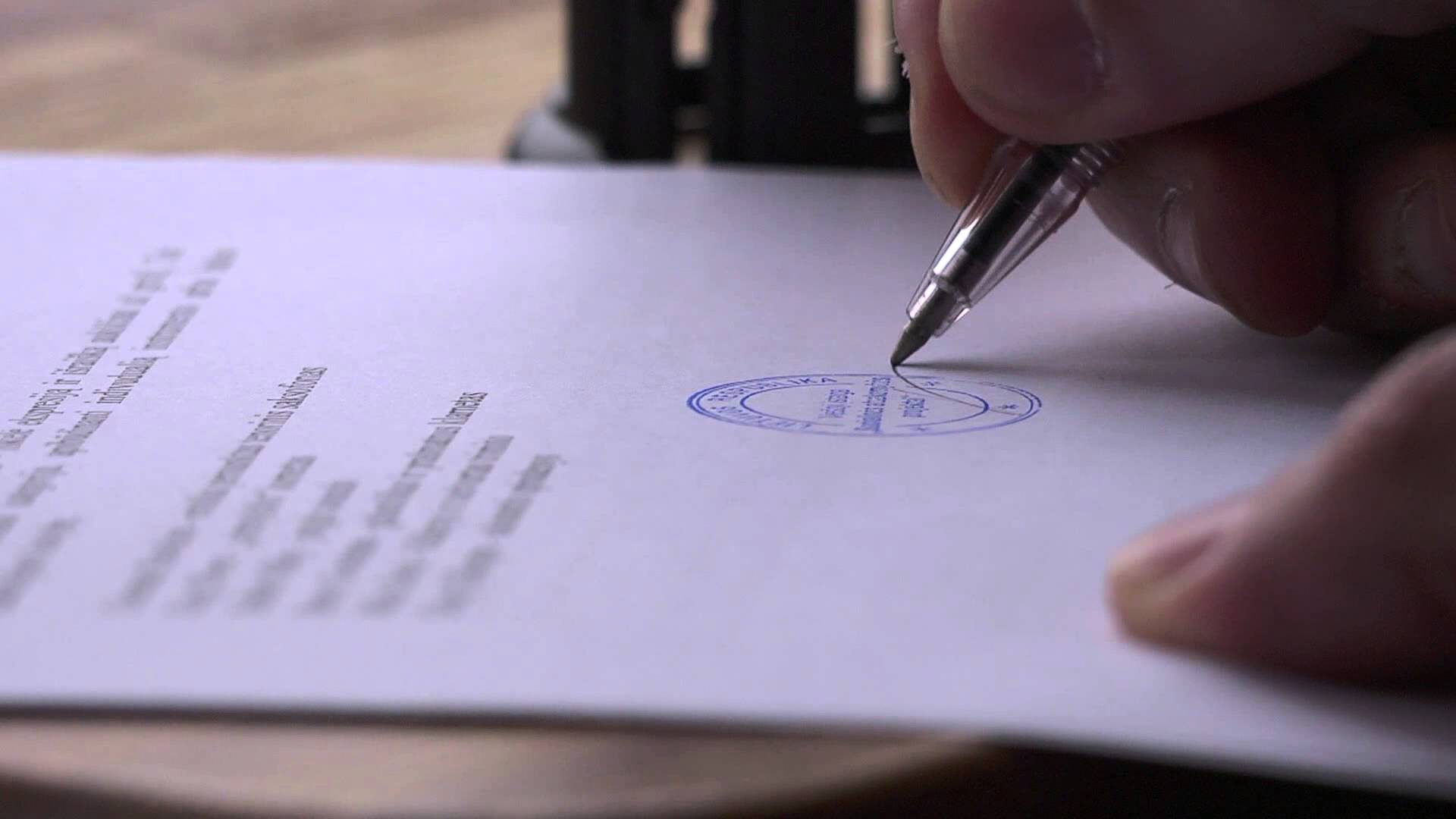NIE number and NIF Numbers
On arriving in Spain, one of the first things that we recommend you do is to apply for your “Foreigner´s tax Identfication Number – NIE “ – número de Identificación de Extranjero. You will need it for pretty much everything, from buying a car and a house, to registering with a doctor, getting a job or starting up your own company. It is much like the UK equivalent of the National Insurance number and is an individual number that recognises you as a foreigner in the Spanish tax system.
The Decree (Real Decreto 338-1990) of 9th March, establishes that everyone, of whatever nationality, resident or not, who has any “official business” in Spain, must have an NIE number to identify them on all official documentation.
NIE or NIF?
Don’t be surprised if you hear people talking about a NIF number, as opposed to an NIE number. However, don’t be confused, they are the same thing. The NIE is used for confirming your identification whereas, if you wish to carry out any fiscal function such as opening a bank account, buy a property, car, boat etc it is referred to as an NIF (fiscal) number. It is the same number and only one application is required.
Applying for your NIE
Applications are to be made in person at your nearest Policia Nacional (National Police) with an Extranjeria (Foreign Office). The application form is simple to fill in and can be downloaded from here, for free:
Although the form is in Spanish, you can complete it in English.
NIE & NIF application form
To help you fill it in, here is a translation of the required fields
1. Datos Personales or Personal Detail
- – 1er Apellido: Surname
- – 2° Apellido : Second Surname – not applicable to most people, in which case leave blank
- – Nombre : Forename (make sure to use same as in passport)
- – Fecha de Nacimiento: Date of birth (use two digits for day and month)
- – Lugar de nacimiento: Place of birth
- – Sexo : Gender - for Male (Hombre) and - Female (Mujer). X cross the one applicable
- – Estado Civil: Status. S for single C for married. V for widow and D for divorced
- – País de nacimiento: Country of Birth
- – País de nacionalidad: Nationality
- – Nombre del padre: Father’s name
- – Nombre de la madre: Mother’s name
- – Domicilio en España: Address in Spain
- Localidad: Town, CP: Postcode, Provincia: Province
2. Section II
Reasons for application:
Economic, Professional or Social (Tick professional for work reasons or social for house purchase)
3. Domicilio a efectos de notificaciones
Leave blank
Sign the form at the bottom, under “firma de solicitante”.
Along with the completed form, you must also present a photocopy of it, your empadron, original and photocopy, two passport photographs, your passport and a photocopy of your passport. You don’t need an appointment, just join the queue! Depending on where you live, decides where you will need to go to make your application and the timetable varies from office to office. The best way to find out where to go is to ask your estate agent or solicitor.
You are going to need this number more than you probably realise so, keep the original safe and carry only a photocopy.
Empadronamiento
This is a very simple, yet important, document not only for you but, also for your local council. The empadron is the paper that proves that you are registered at your address and even if you don’t plan on being there permanently and becoming a resident in Spain, you will still need to register. Apart from needing your empadron to then apply for your NIE and residencia, by registering with the town hall you will also be offered the right to vote in your local elections and even more importantly, it affects the budget for your local council. The only way a town can prove its population is using the names on the empadron so the more people that rightfully register, the higher the budget for your area.
To register with your town hall, go along in the morning, take with you your passport, a photocopy of your passport and a copy of your deeds or rental agreement. If your rental agreement is in English, you will need to get it translated. There is a very nominal charge payable there and then. And it really is nominal, we are literally talking a few cents.
Residencia
For tax purposes, you are considered a resident in Spain if you spend more than 183 days there in any one calendar year. They don’t have to be consecutive days either so, its not a case of staying for 182 days, going back to the UK for a long weekend and then back to Spain. It doesn’t work like that! By becoming a resident in Spain, you are not forfeiting any of your rights as a British citizen.
New government legislation, passed recently, states that all non Spanish European Union residents no longer need a “residencia” with effect from 28th March 2007. Instead, EU residents will be issued with a certificate from the Oficina de Extranjeros (Foreigner’s Office).
However, the new law requires all EU citizens planning to reside in Spain for more than three months to register in person at the Oficina de Extranjeros or at designated police stations, You will be issued a certificate stating your name, address, nationality, identity number and date of registration. EU citizens who already have residence cards will not need to re register until their card expires upon which they will be issued with a certificate.


